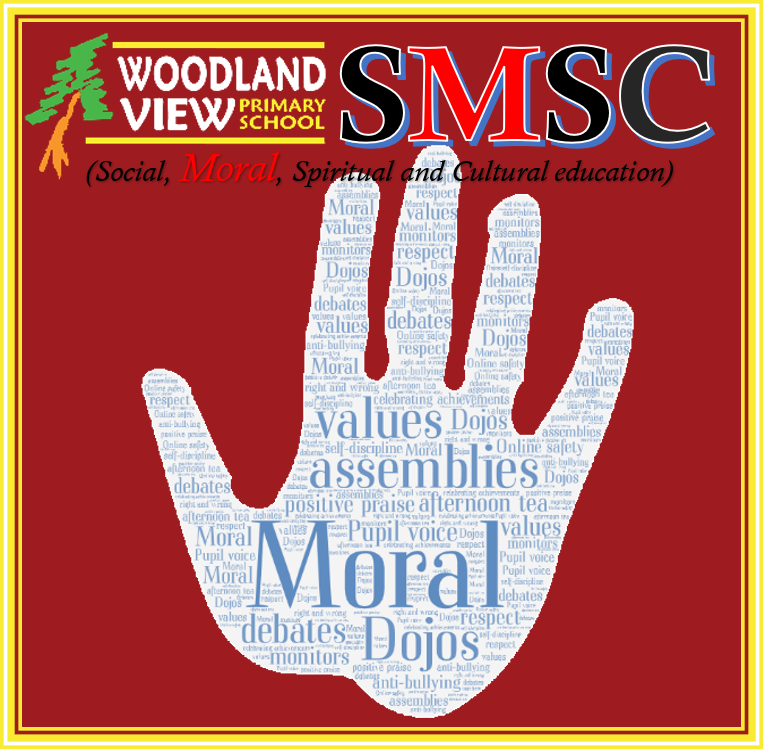Our Values and Ethos
At Woodland View Primary School, our children are at the heart of everything that we do in order to ensure they leave us as well-rounded citizens who are ready to make a positive impact in our ever-changing world. Our school values of Respect, Creativity, Honesty, Cooperation, Kindness and Courage are taught and demonstrated explicitly and implicitly as they steer us through our 6 themes each term; therefore they also have an important impact on the delivery and content of our wider curriculum. We celebrate diversity and no discrimination is tolerated.
For our pupils, we aim to continually weave the thread of social, cultural, moral and spiritual development and British Values throughout day-to-day school life. Woodland View is a place where pupils can be happy, confident and can fulfil their potential.
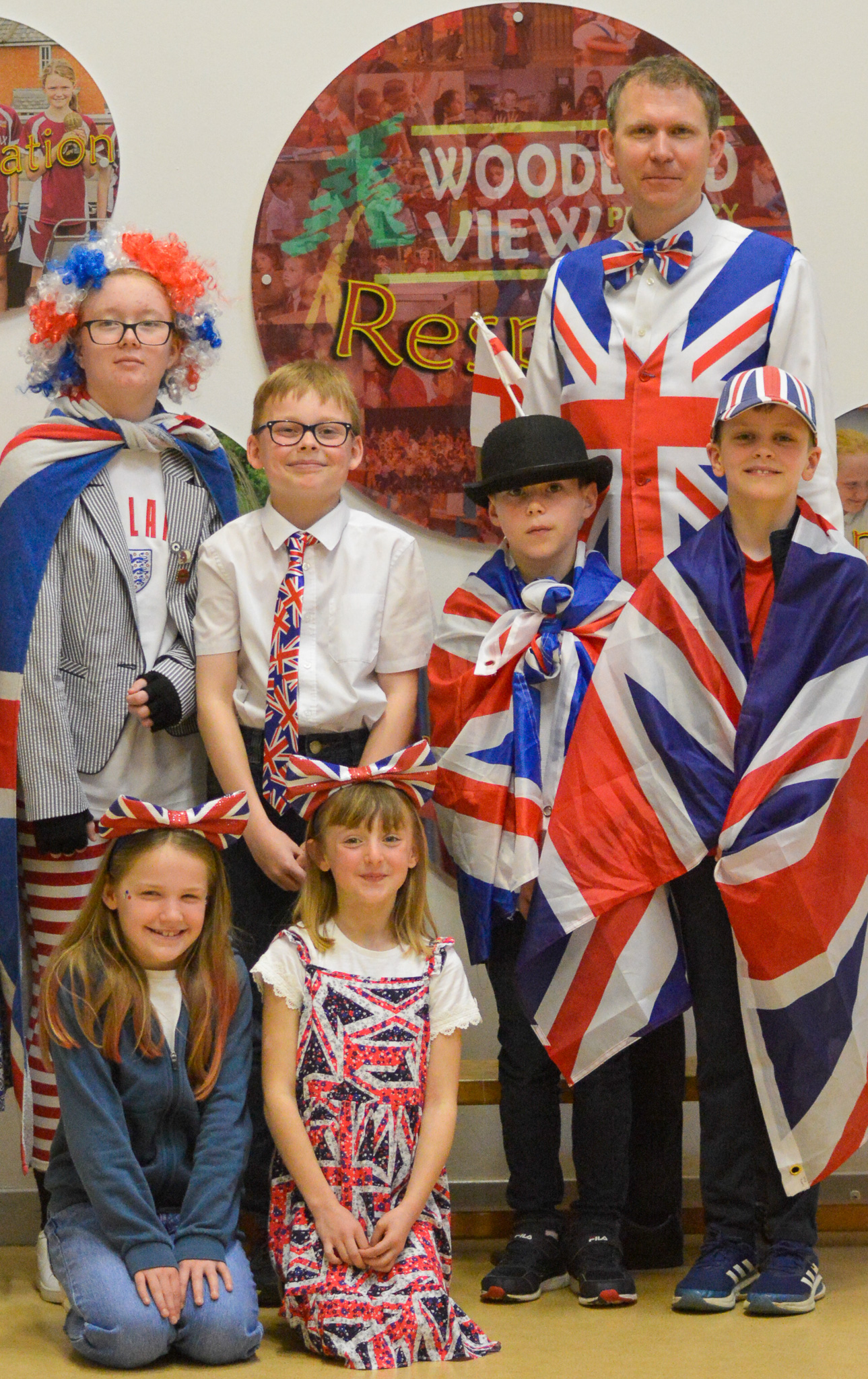
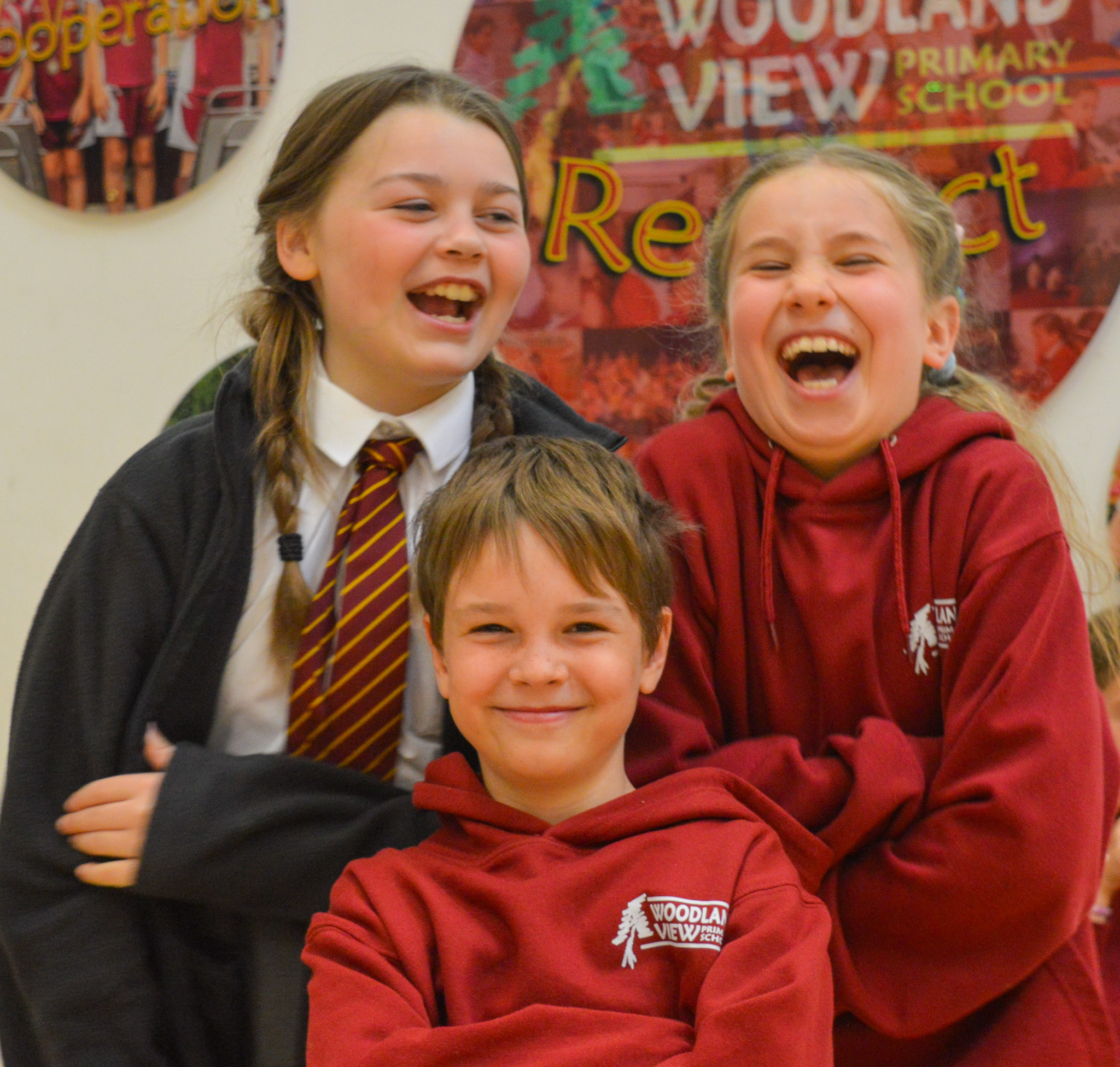
We deliver PSHE lessons and lead focus assemblies on the current school value, British Values and the different celebrations in and around our community. Additionally, we celebrate achievements linked to our values in weekly Celebration Assemblies.
Our terms end with a spectacular Values Awards ceremony where two children from every class are rewarded with demonstrating the focus value by walking the red carpet, under the lights, to celebratory music before collecting their award from a member of the Senior Leadership Team.
Our Values

We have 6 school values that are very important to us. Each term we focus on a different one of the values, culminating in a Values Awards Assembly at the end of each half-term. In these assemblies, the winning children from each class have the opportunity to walk down the red carpet to music and lights. Children and staff celebrate individuals in our school community who have gone above and beyond to demonstrate the half-term's focus value.
Autumn 1 - Courage
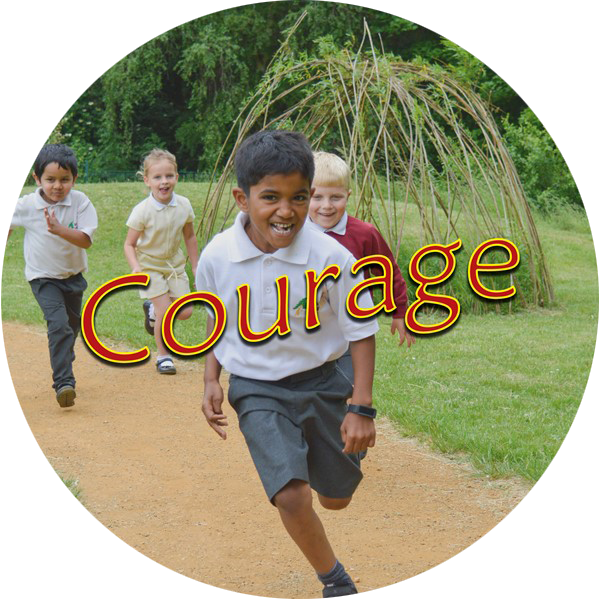
Courage is our first value of the year as we know that all children (and staff) need to show courage as they start a new school year with a new class. Courage is the ability to do something that frightens you; it means not letting fear hold us back from exploring new opportunities, developing our skills, and doing what is right.
Autumn 2 - Kindness
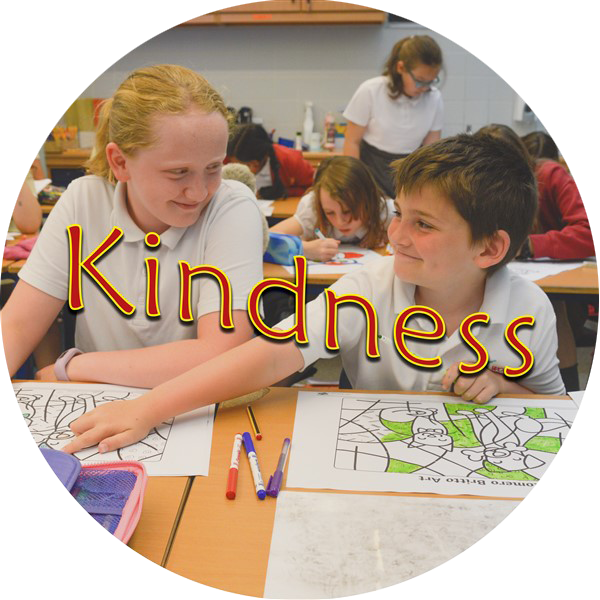
Kindness is about sharing, listening, feeling and understanding others’ needs. It is important for our children to ensure they understand that kindness is treating others in the way that they would want to be treated. We also want our children to understand that kindness isn’t just being nice; it is doing intentional, voluntary acts of kindness - not only when it’s easy to be kind, but when it’s hard to be. Kindness is paying it forwards; one small kind act can cause a ripple effect that can impact our whole community.
Spring 1 - Cooperation

Cooperation is so much more than just working or playing together; it means sharing ideas, compromising and being flexible. We want our children to develop the ability to balance their own needs with someone else’s. By developing cooperation skills, it can become a natural response, shaping children into well-rounded individuals capable of navigating all the challenges of life.
Spring 2 - Honesty
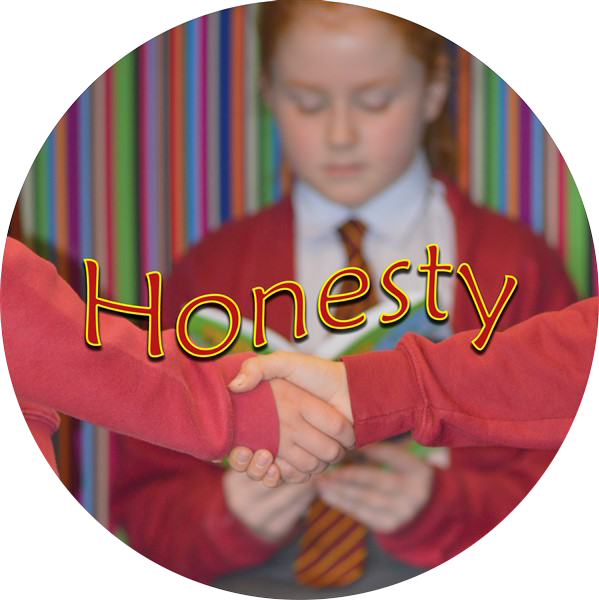
Honesty means we are truthful in what we say and do; we are sincere. It means people can rely on us because we have integrity. Honesty is telling the truth even when it’s hard. We want our children to know that honesty is about being true to who they are, even when their friends like something else: what they like, what they don’t like, what their strengths are, and so much more.
Summer 1 - Creativity
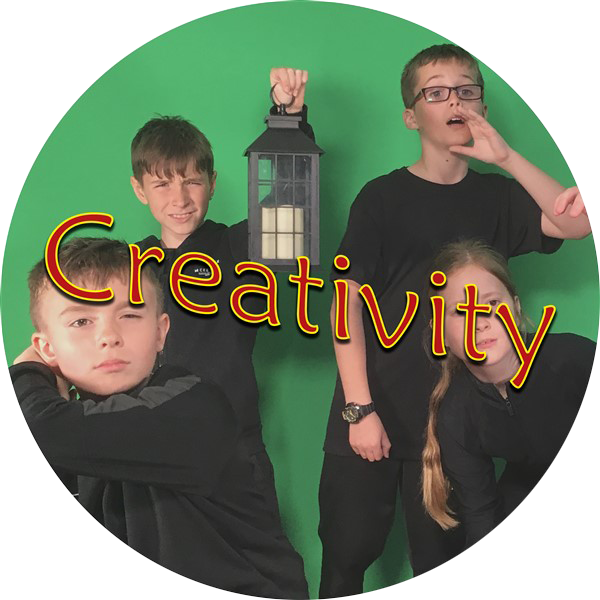
Creativity is our unique response to all that we see, hear, feel and experience. It takes courage to be creative and be willing to step out of our comfort zone. We want our children to see the value in creativity, recognising ideas, alternatives or possibilities allowing them to communicate with others, entertain themselves and others.
Summer 2 - Respect
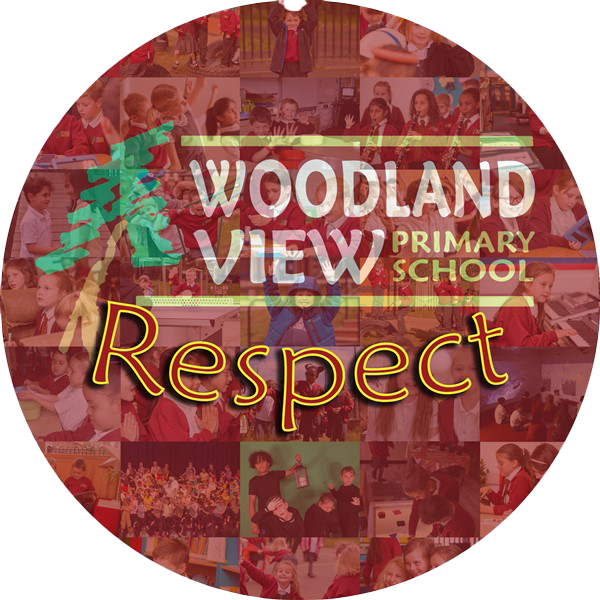
Respect is our core value, meaning that it is the one that underpins all of our other values; it is the most important value. Respect means that our children accept each other for who they are, even when they’re different from them or that they don’t agree with them. Showing respect is when our children care how their actions affect others; it is when they treat others how they would like to be treated.
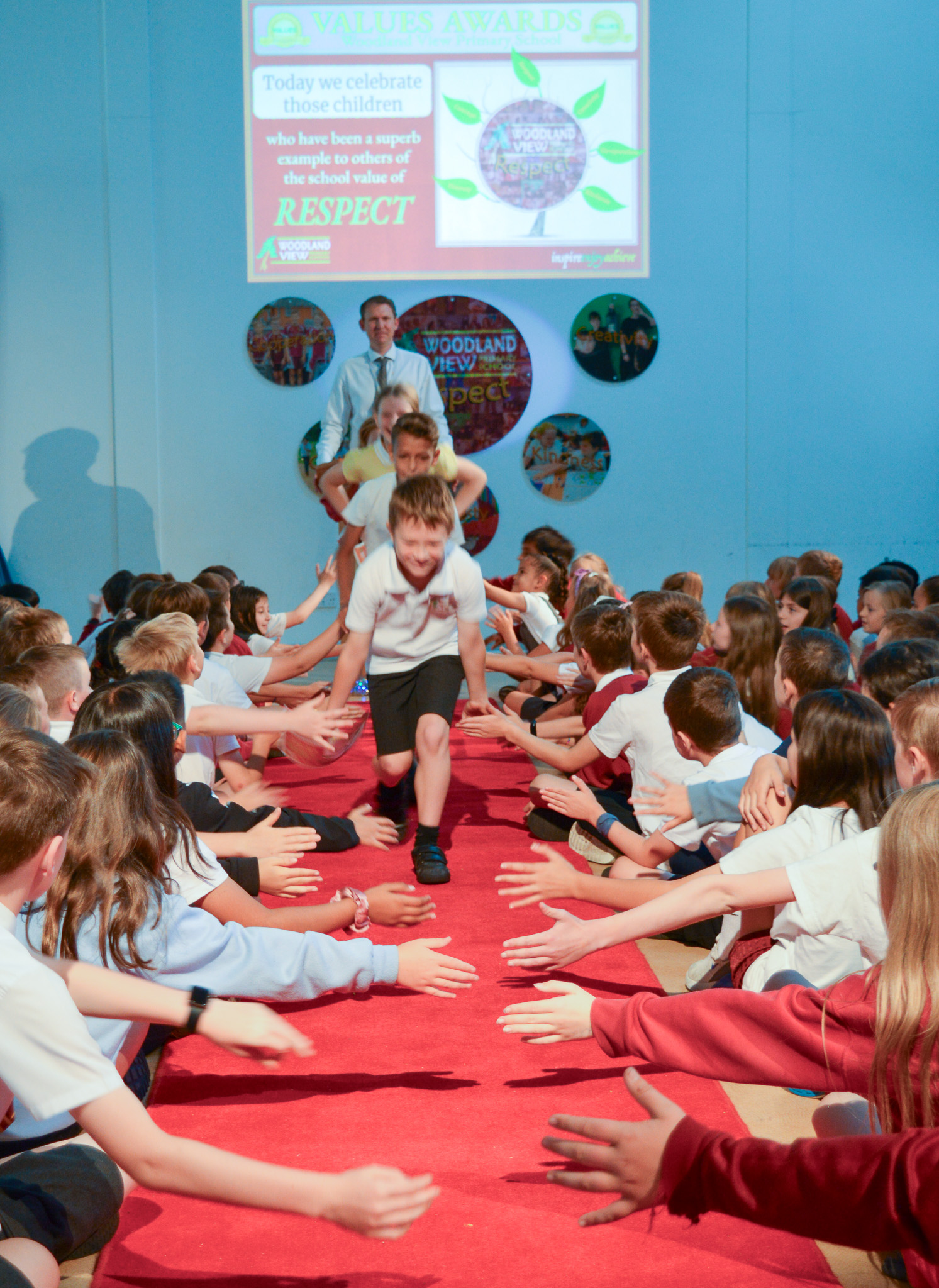


British Values
At Woodland View Primary School, we understand that the society we live in is diverse and therefore, our curriculum and life within school reflects this. For our pupils, we aim to continually weave the thread of social, cultural, moral and spiritual British values throughout day-to-day school life. Underpinning this are the values and understanding of democracy, law, liberty, respect, tolerance, tradition and heritage. Our PSHE curriculum and assembly plans ensure our children develop a deep and secure understanding of what the British Values mean to them.
How we promote the British Values in Woodland View
| Democracy | Rule of Law | Mutual Respect |
Tolerance of those from different faiths |
Individual Liberty |
|---|---|---|---|---|
|
|
|
|
|
Protected Characteristics
The Equality Act became law in 2010. It covers everyone in Britain and protects people from discrimination, harassment and victimisation because of the protected characteristics that we all have.
Under the Equality Act, there are nine protected characteristics:
- Age
- Disability
- Gender reassignment
- Race - including colour, nationality, ethnic or national origin
- Religion or belief
- Marriage or civil partnership
- Sex
- Sexual orientation
- Pregnancy and maternity
No form of discrimination is tolerated at Woodland View Primary School and our pupils show respect for those who share the protected characteristics. This is further embedded through our core value of respect.
We do not teach about all the protected characteristics in every year group. Our curriculum is planned and delivered so that our pupils develop age appropriate knowledge and understanding during their time at Woodland View Primary School.
SMSC
Spiritual, moral, social and cultural development is essential for our children and young people's individual development, as well as the development of society as a whole. As a school, we aim to prepare our pupils so that they are able to live full active lives as part of their community and continue this as they grow, leave us and eventually become adults. Please see the links below to find out more about how we help our children to develop spiritually (S), morally (M), socially (S) and culturally (C).
Our aims for each of the areas are outlined below:
Our AIMS for SOCIAL development:
Children…
- show a range of social skills in different contexts.
- participate in a variety of communities and social settings, including volunteering.
- cooperate well with others and resolve disputes.
- accept and engage in the British Values: understanding democracy, the rule of law, individual liberty and mutual respect for all
Click here for some examples of SOCIAL development at Woodland View.
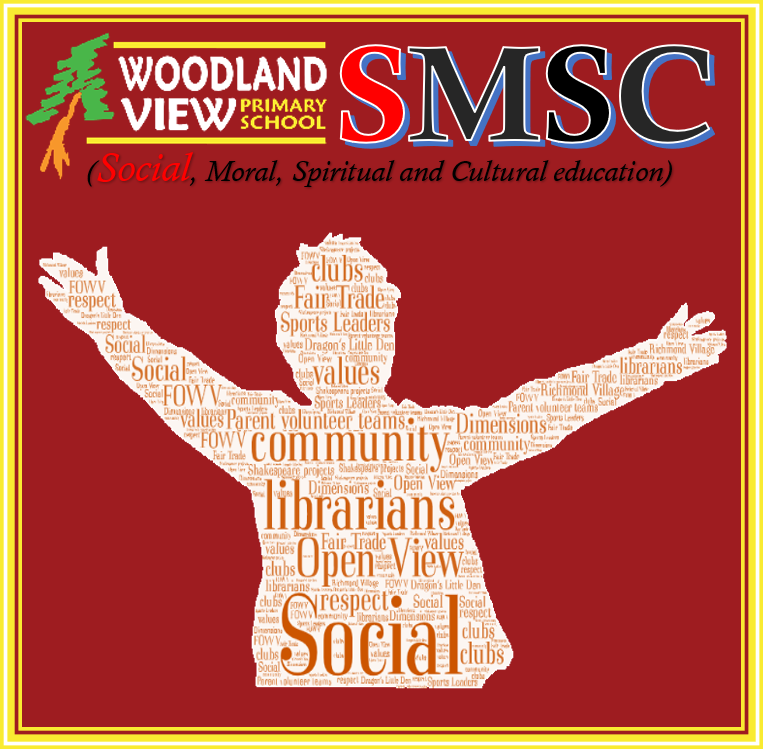
Our AIMS for MORAL development:
Children…
- recognise the difference between right and wrong.
- understand the consequences of their behaviour and actions.
- show interest in moral and ethical issues, and they are able to understand and appreciate the viewpoints of others.
Click here for some examples of MORAL development at Woodland View.
Our AIMS for SPIRITUAL development at Woodland View are:
- Children’s ability to be reflective about their own beliefs, religions or otherwise, that inform their perspective on life and their interest in and respect for different people’s faiths, feelings or values.
- Children’s sense of enjoyment and fascination in learning about themselves, others and the world around them.
- Use of imagination and creativity in their learning.
- Willingness to reflect on their experiences.
Click here for some examples of SPIRITUAL development at Woodland View.
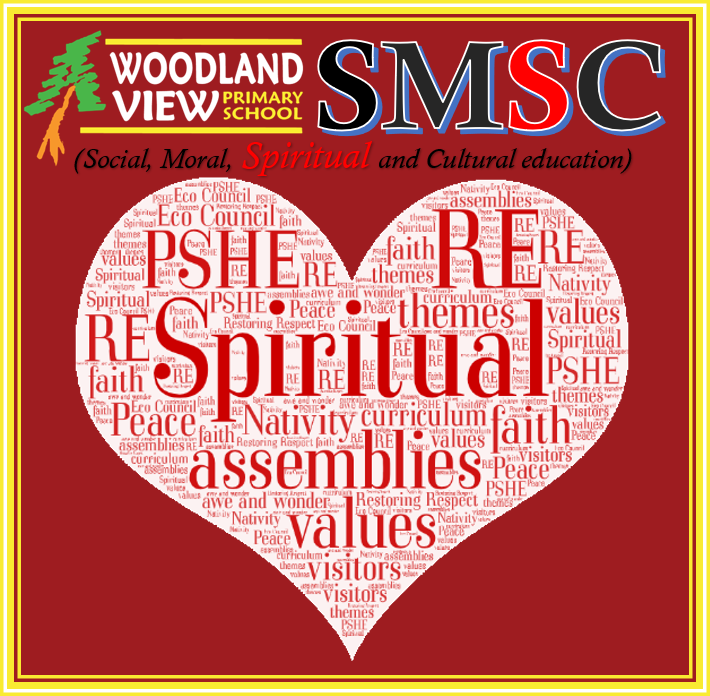
Our AIMS for CULTURAL development:
Children…
- understand and appreciate the range of different cultures within school and in the wider world.
- have knowledge of Britain’s democratic system and how it’s shaped our history and values.
- show willingness to participate in and respond positively to artistic, sporting and cultural opportunities.
- are interested in exploring, understanding and showing respect for different faiths and cultural diversity.
Click here for some examples of CULTURAL development at Woodland View.
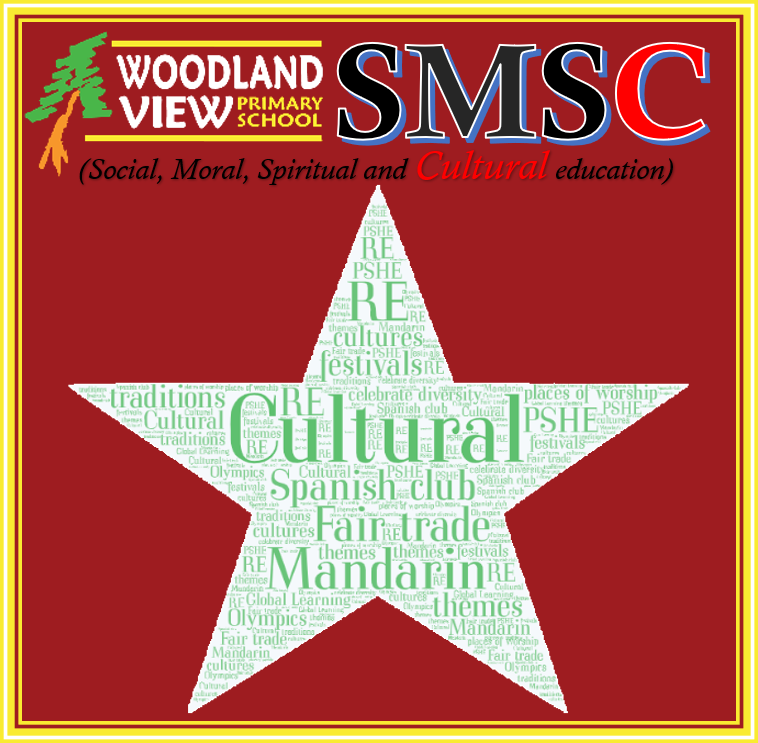
Equality and Diversity
Woodland View’s approach to promoting diversity and equality, and tackling racial discrimination
How do we promote diversity and equality?
We have a careful and thorough plan to ensure that we promote diversity and equality throughout school. This is not an exhaustive list but are some examples of what we do:
★ Our Culture Curriculum ‘C’ highlights the importance the school places on understanding different cultures
★ Each year group has a Culture focused theme that much of their learning is underpinned by
★ Our School Brochure and Website Culture Button gives status and information about our Culture approach
★ Our 3D PSHE Curriculum is taught regularly and tackles issues of differences, communities, religious beliefs, racial discrimination
★ Additional targeted lessons that supplement our PSHE curriculum are taught in the Summer Term focused on discrimination for all year groups - focused on equality and specifically incorporate racism
★ Books in our classrooms and library have been purchased with representation in mind
★ Our Timeline Wall Art Graphic shows a range of historical figures from different cultures
★ Black History Month is celebrated with an open competition with the aim of promoting further discussion at home
★ School assemblies are structured throughout the year to teach the British Values and Protected Characteristics
★ We have a Diversity Lead in school to monitor our approach, gather data and lead on promoting Diversity and addressing issues
★ We have a Diversity Governor whose responsibility is to check on our school approach and processes
★ Our core Value of Respect is promoted and rewarded in a range of ways
★ We use Picture News Assemblies and class sessions which focus on British Values and the Rights of a Child
★ Our school newspaper The Woodland Times is released each half term and includes a cultural report written by children. Copies are in each classroom, the library and sent home to parents
★ Our Blue Butterfly approach gives children a clear route to share worries and concerns
★ The Life Education Experience (based on nationally recognised SCARF teaching) visits annually and teaches children to celebrate difference and safely challenge discrimination
How do we tackle issues of racial discrimination?
If we witness or are told of a possible incident involving racial discrimination, we aim to find out what happened, where and when, how events unfolded, who was involved and, crucially, why it happened.
All issues relating to racial discrimination are shared with a member of the Senior Leadership Team. From then, an appropriate member of staff will talk to the relevant children and/or staff involved.
Following this, and depending on the outcome of these discussions:
● Parents of the children involved are informed
● Support is given to the victim
● Education will be given to the perpetrator (and possibly to the class or year group, Key Stage, school if needed) to challenge their misconceptions and understand the severity/consequences their actions have had on others
● Consequences may be necessary for the perpetrator
● The incident will logged on the school system to enable historical tracking if needed
● Monitor the children going forward and continue to liaise with Senior Leaders in school and parents if necessary
It’s important to try to find out ‘why’ a racial incident occurred. There can be much confusion over what is racism, and the people involved may have been affected by racism before so issues need handling sensitively.



